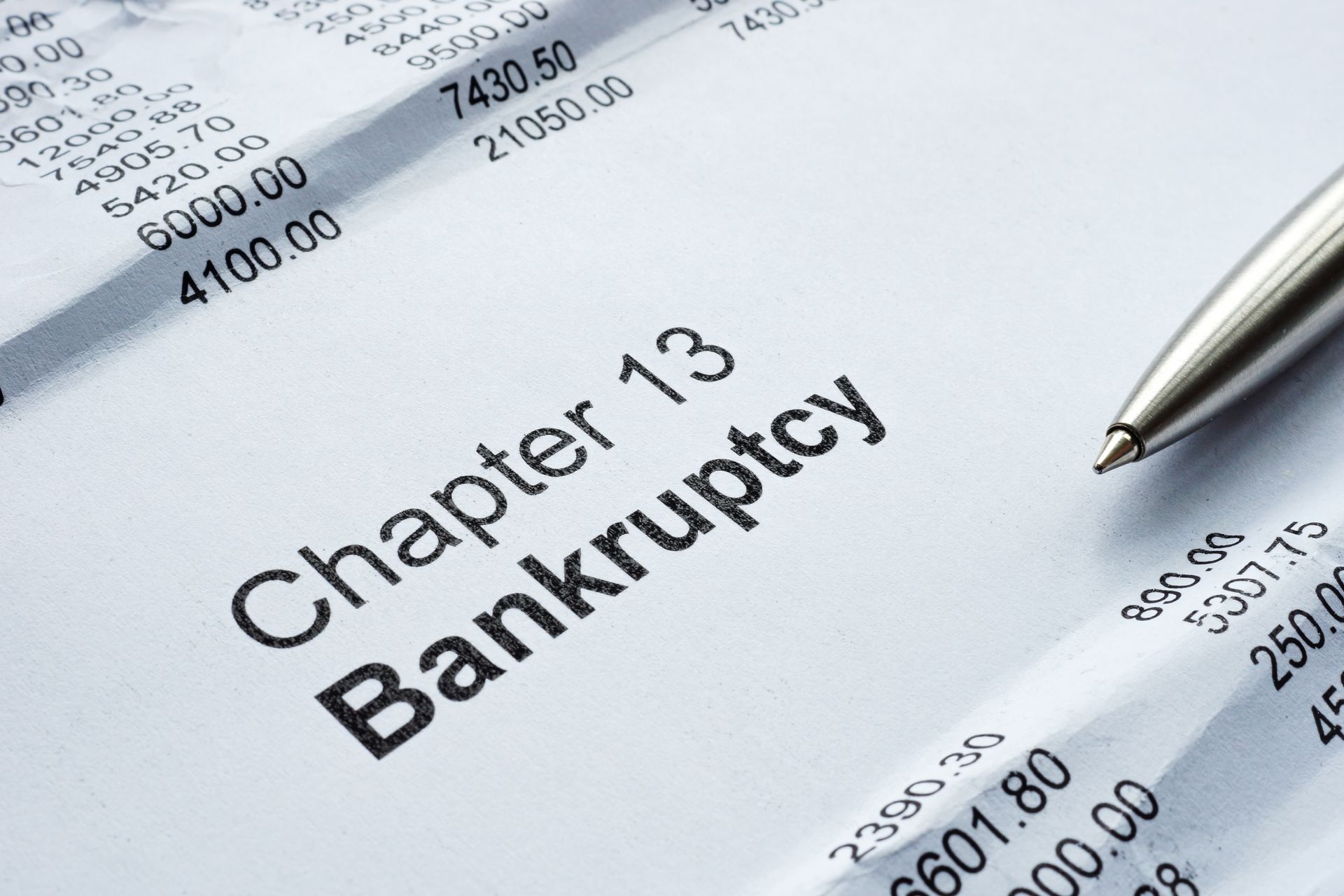How to File for Chapter 7 Bankruptcy: A Complete Guide to Debt Relief
How to File for Chapter 7 Bankruptcy

When debt feels overwhelming and unmanageable, filing for Chapter 7 bankruptcy can offer a fresh start. By eliminating qualifying debts, Chapter 7 provides individuals and families a legal way to regain financial control and move forward with their lives. But the process can be complex, and understanding each step is critical to a successful outcome.
At J. Singer Law Group, we’re here to guide you through the Chapter 7 bankruptcy process. In this article, we’ll explain what Chapter 7 bankruptcy is, who qualifies, and how to file step by step.
What is Chapter 7 Bankruptcy?
Understanding Chapter 7 Bankruptcy
Chapter 7 bankruptcy, often called “liquidation bankruptcy,” allows individuals to eliminate unsecured debts, such as credit card bills, medical expenses, and personal loans. While some non-exempt assets may be sold to repay creditors, many filers can protect essential property using state or federal exemptions.
Benefits of Filing for Chapter 7
- Immediate Debt Relief: Most unsecured debts are discharged within a few months.
- Automatic Stay Protection: Stops wage garnishments, collection calls, and lawsuits immediately upon filing.
- No Repayment Plan: Unlike Chapter 13, there’s no need to make monthly payments to creditors.
Who Can File for Chapter 7 Bankruptcy?
Eligibility Requirements
To file for Chapter 7 bankruptcy, you must meet specific requirements:
The Means Test
The means test determines if your income qualifies for Chapter 7. If your income is below the median for your household size in your state, you typically qualify. If it’s above, further calculations are required to assess your eligibility.
Income and Asset Considerations
While Chapter 7 is designed for individuals with limited income, owning assets doesn’t necessarily disqualify you. Exemptions can protect essential property, such as your home, car, and personal belongings.
Common Reasons for Filing
- Overwhelming Credit Card Debt: High-interest rates make repayment nearly impossible.
- Medical Bills: Unexpected healthcare costs can lead to significant financial strain.
- Job Loss or Reduced Income: A sudden change in income can make it hard to stay afloat.
Steps to File for Chapter 7 Bankruptcy
Step 1: Complete Credit Counseling
Before filing, you must complete a credit counseling course through an approved provider. This course helps you explore alternatives to bankruptcy and typically takes 1-2 hours.
Step 2: Gather Financial Documents
Collect detailed records of your income, expenses, debts, assets, and recent tax returns. These documents are crucial for preparing your bankruptcy petition.
Step 3: Prepare and File the Petition
Your bankruptcy attorney will help you complete and file the Chapter 7 petition, which includes schedules detailing your financial situation. Filing officially starts your bankruptcy case and triggers an automatic stay.
Step 4: Automatic Stay and Its Impact
The automatic stay immediately stops creditors from pursuing collection actions, including lawsuits, wage garnishments, and foreclosure proceedings.
Step 5: Meet with the Bankruptcy Trustee
Approximately 21-40 days after filing, you’ll attend a 341 Meeting of Creditors, where the trustee reviews your case and asks questions about your finances. Creditors may attend but rarely do.
Step 6: Complete the Debtor Education Course
After filing, you must complete a debtor education course, which provides tools for better financial management. This step is required to receive a discharge.
Step 7: Discharge of Debts
If there are no complications, the court will issue a discharge order approximately 60-90 days after the 341 meeting, eliminating your qualifying debts.
What Happens After Filing Chapter 7 Bankruptcy?
Impact on Your Credit Score
Chapter 7 bankruptcy will remain on your credit report for 10 years, but it also provides a clean slate to start rebuilding your credit.
Rebuilding Your Financial Life
With your debts discharged, you can focus on budgeting, saving, and re-establishing credit through responsible financial habits.
Common Mistakes to Avoid When Filing for Chapter 7 Bankruptcy
Incomplete or Inaccurate Paperwork
Failing to disclose all assets, debts, or income can lead to delays or even case dismissal. Working with a lawyer ensures your paperwork is accurate.
Attempting to Hide Assets
Hiding assets from the court is illegal and can result in severe penalties, including denial of discharge or criminal charges.
Choosing the Wrong Type of Bankruptcy
If Chapter 7 isn’t right for you, consider alternatives like Chapter 13 or debt negotiation. A bankruptcy attorney can help you decide.
How a Lawyer Can Help with Chapter 7 Bankruptcy
Assessing Your Financial Situation
A lawyer will review your finances to determine if Chapter 7 is the best option for your needs.
Navigating Complex Bankruptcy Laws
Filing for bankruptcy involves strict legal requirements and deadlines. An attorney ensures compliance with all regulations, reducing the risk of errors.
Protecting Your Assets and Rights
A lawyer can maximize your exemptions, protect your property, and defend your rights against creditors.
Real-Life Success Stories of Filing Chapter 7 Bankruptcy
A Fresh Start After Overwhelming Debt
A single mother struggling with credit card and medical debt eliminated $50,000 in obligations through Chapter 7, allowing her to rebuild her financial future.
Eliminating Credit Card and Medical Bills
A small business owner faced with $75,000 in unsecured debt successfully discharged the majority of his liabilities, freeing up cash flow to sustain his business.
FAQs About Filing Chapter 7 Bankruptcy
1. How long does Chapter 7 bankruptcy take?
The process typically takes 4-6 months from filing to discharge.
2. What debts are discharged in Chapter 7?
Unsecured debts, such as credit card bills, medical expenses, and personal loans, are usually discharged. Some debts, like student loans and child support, are not.
3. Can I keep my home if I file for Chapter 7?
It depends on the equity in your home and the exemptions available in your state. Many filers can protect their homes.
4. How much does it cost to file for Chapter 7 bankruptcy?
Filing fees typically range from $300-$400. Attorney fees vary but are often a worthwhile investment for ensuring a smooth process.
5. Do I need a lawyer to file Chapter 7?
While not required, hiring a lawyer significantly improves your chances of a successful outcome and protects your rights throughout the process.











